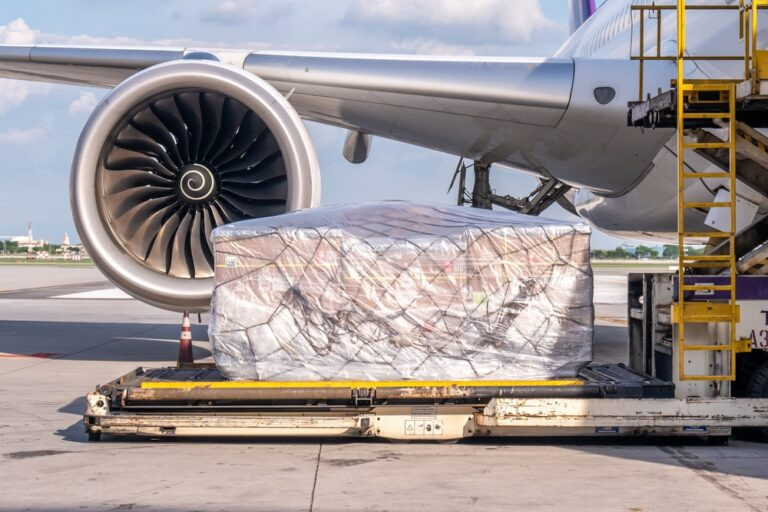As the industry enters the latter half of 2024, innovation, efficiency, and the boom in e-commerce have proven to be the key drivers, especially across Asia’s operations.
e-commerce is complex, and the larger picture of its operations, such as first and last-mile services and cross-border logistics, is difficult due to differing customs restrictions.
“Networks like our NeX and their members help us understand and adapt to the e-commerce market. In China, the e-commerce boom presents both opportunities and challenges, requiring tailored logistics solutions,” Jerry Qian, Business Development Manager at Neutral Air Partner (NAP), explained.
“We’re also focusing on digitalisation to provide our members with the necessary tools to grow. In China, we aim to strengthen our network and leverage the region’s logistical advancements.”
Cash flow and the new International Air Transport at Association Cargo Account Settlement Systems (CASS) financial security requirement, are significant challenges for small and medium forwarders and consolidators, especially with rates going up. Capacity is another problem everyone faces. Additionally, navigating different regulations and customs requirements in the Asia-Pacific region adds complexity.
“I believe we will reach a point where airfreight rates vs capacity will be fair. Carriers will ensure shipments fly as booked and may implement penalties for late or cancelled deliveries, similar to the travel industry. Cargo is now a crucial part of airline revenues, so they are taking it much more seriously,” Qian stated.
READ: MOVING TO MACH
View from above
NAP has 350+ like-minded air cargo specialists across 150+ countries, giving the organisation a global view into the industry and allowing it to explore innovative air cargo solutions for the supply chain.
“NAP is unique because it focuses solely on air cargo activities. While there are hundreds of logistics networks worldwide, they are usually very generic. A few specialise in special verticals, like automotive or aerospace, but NAP is the only air cargo focused logistics network at the moment,” Qian highlighted.
“However, we try to keep it small with a “quality over quantity” approach, all of this made NAP a boutique network of local specialists.
“NAP’s members have shown great performance this year, currently ranking in Top 5 Air Cargo Sales in North Asia and Indian Sub-Continent.”
READ: SMOOTH SUPPLY CHAINS THROUGH STANDARDISATION
Collaborative approach
Small and medium forwarders and consolidators represent over 45 percent of the global airfreight business volumes. While airlines have global key account programmes for large forwarders, NAP’s global partnership programme with a group of local and independent forwarders and consolidators seeks to offer value for airlines and create a win-win collaboration.
“Our programme provides local strength with global reach, flexibility to make short- or long-term commitments with carriers and delivers members’ compliance and knowhow to meet the changing air cargo market needs,” Qian outlined.
“NAP helps airlines diversify their customer base, collaborate with leading local specialists, identify high-yield cargoes, sign short and long-term agreements, sell last-minute capacity, and enter new business markets.”
NAP’s NeX e-commerce network will be holding OPENEX ASIA in Hong Kong on 16th-18th September, delivering a high-quality programme with international and regional speakers who have vast experience and solid track records in their fields, everything on cross-border e-commerce.
Shortly on October 7th -9th, during the premium ACE Event in Budapest, NAP will hold its regional Centre Europe meeting in conjunction with BUD:Cargo Day. ACE is converging the air cargo logistics and freight forwarding communities.
Next February, NAP will host its flagship OPENAP in Thailand (23-27 February 2025).





